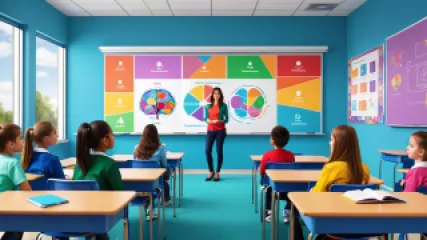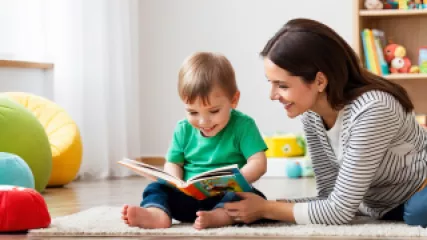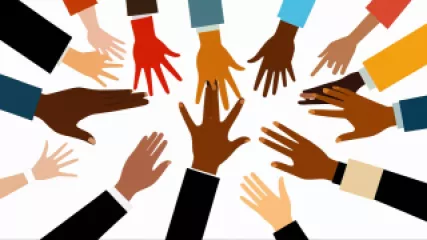10 Effective Mindfulness Practices for the Classroom
1 year ago
Mindfulness in Education
5 Questions to Improve Your Communication Skills Online
1 year ago
Communication Skills
Anger Management Strategies: A Step-by-Step Guide for Helping Kids
1 year ago
Handling Anger in Children
Unlocking the Power of Educational Psychology: Transformative Insights for Therapy Programs
1 year ago
Educational Psychology
Mastering Mindful Communication: The Power of Presence
1 year ago
Mindful Communication
Effective Communication Skills: A Step-by-Step Guide for Improving Online Therapy Sessions
1 year ago
Communication Skills
Exploring the Impact of Educational Psychology Programs on Mental Wellness
1 year ago
Educational Psychology
Overcoming Communication Barriers: A Step-by-Step Guide
1 year ago
Communication Skills
The Ultimate Guide to Overcoming Health Anxiety
1 year ago
Health Anxiety
Effective Strategies for Managing Child Behavior: A Step-by-Step Guide
1 year ago
Child Behavior
10 Effective Strategies for Managing Challenging Child Behaviors
1 year ago
Child Behavior
My Journey Through Educational Psychology: Discovering the Power of the Mind
1 year ago
Educational Psychology
Improve Verbal Communication Skills: A Step-by-Step Guide
1 year ago
Communication Skills
The Ultimate Guide to Developing Powerful Communication Skills
1 year ago
Communication Skills
Confronting Bias: A Research Summary
1 year ago
Confronting Bias















